Circular economy requires more comprehensive information about the materials used in manufacturing products and the manufacturer itself. A digital product passport is a product description that can be retrieved online, for instance, by scanning a QR code attached to a product. A digital product passport is part of the European Union’s Ecodesign for sustainable products regulation which entered into force in July 2024.
The information in a product passport may be consumed years after the product is manufactured, for instance, when the product comes to its end of useful life and its materials are recycled. This is challenging because in the meantime the product manufacturer may have gone out of business. Ensuring the long-term availability of product passports is one of the key questions in the digital product passport design.
The Real-Time Economy project made an experiment on digital product passports together with STRGL whose TREE® technology relies on distributed ledger technology. Using the protocol interfaces, the digital product passport was published in a distributed ledger where it remains available for everyone even if its publisher no longer exists. However, the ledger alone does not provide verified information on the identity of the product passport publisher. In the experiment, verified information on the publisher was retrieved from its eIDAS compatible company wallet and attached to the digital product passport in the ledger.
In the experiment, STRGL implemented a pilot service to which the manufacturer’s representative entered the product details. In real life, the information would be retrieved from the manufacturer’s product management system using its interfaces. The pilot service authenticated the manufacturer using its company wallet, created a cryptowallet for it for using the Ethereum ledger and issued to it a soulbound token (SBT) that certifies the manufacturer’s business ID. Unlike a non-fungible token (NFT), an SBT cannot be transferred to another company. The SBT is then attached to the digital product passport published in the ledger.
The benefit of the distributed ledger is its immutability and independence of the manufacturer. However, in the ledger the digital product passport is available for everyone. In the feedback on the experiment a concern was raised that the manufacturers are not necessarily willing to publish detailed information on their products if the product information becomes available to its competitors, too.
The German IDunion has proposed an approach where the digital product passport itself is issued using the manufacturer’s digital company wallet and stored in the wallet. It enables the manufacturer to control who can retrieve the details of the digital passport from the company wallet. However, using a company wallet for issuing a product passport directly requires that the long-term availability of the company wallet can be ensured. If the company or its wallet is discontinued, also the digital product passport will be lost.
